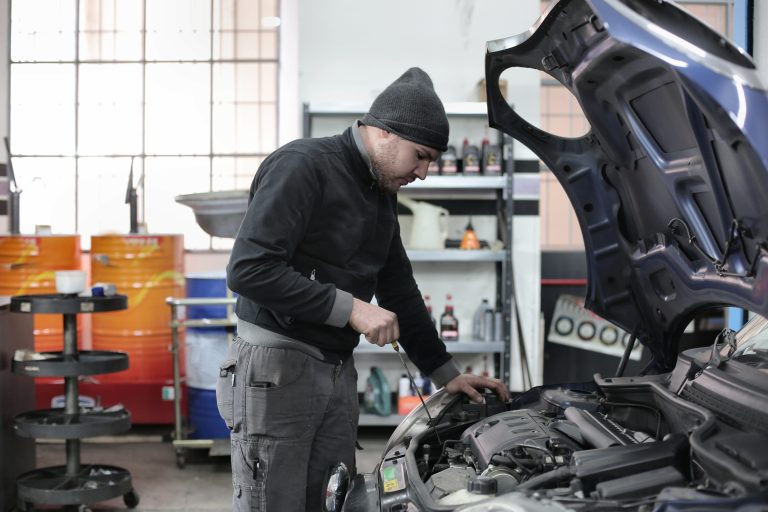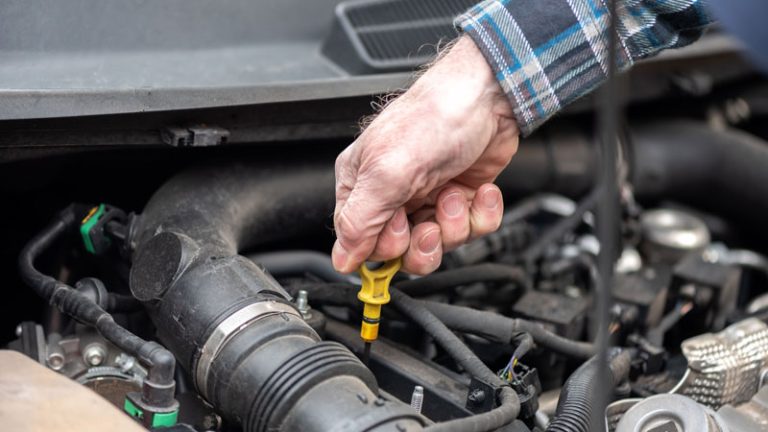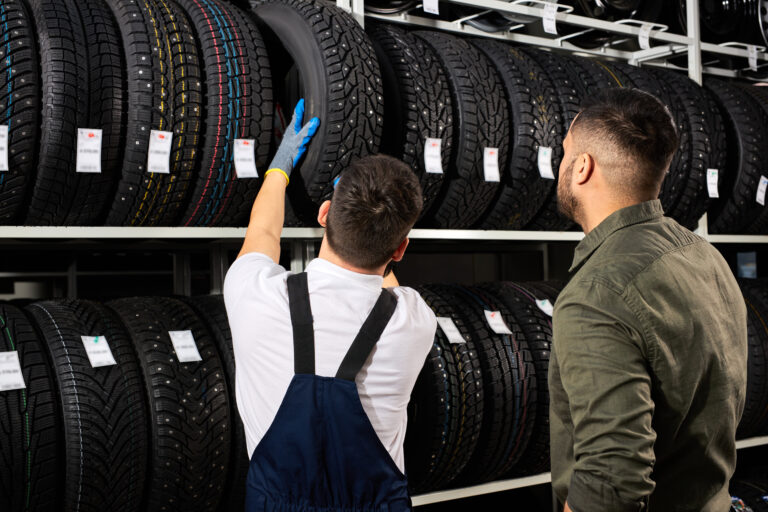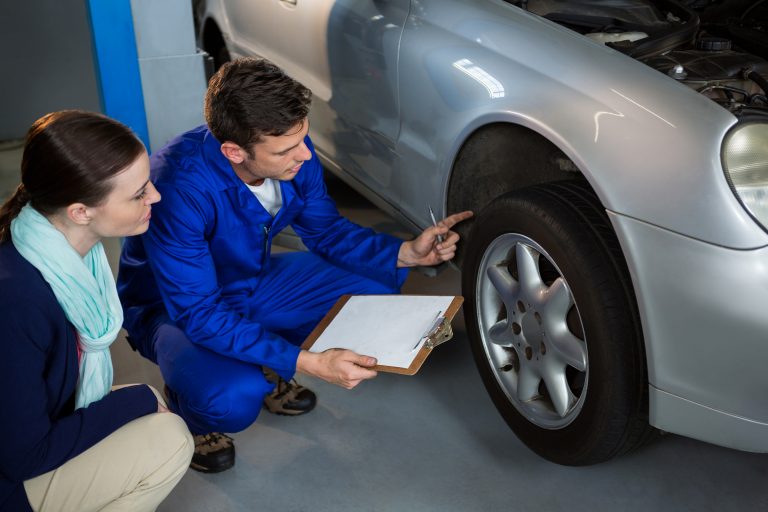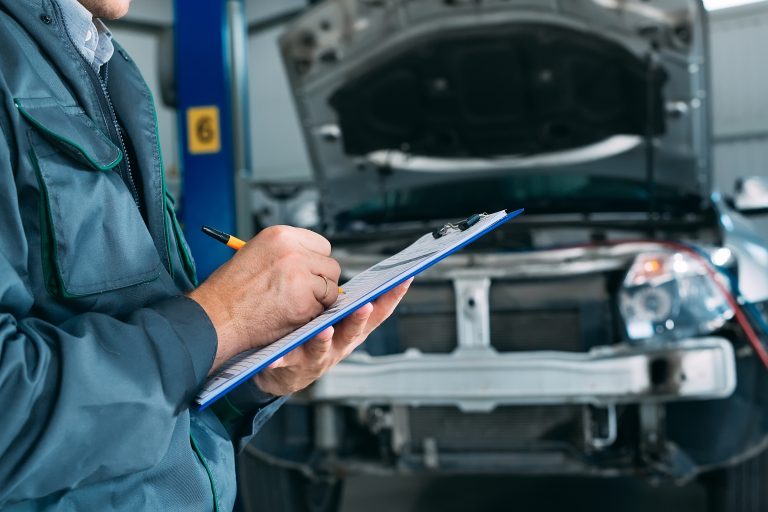Are you tired of those stressful moments when your car refuses to start at the most inconvenient times? We’ve all been there, and it’s frustrating. But fear not! In this comprehensive guide, we’ll delve deep into addressing timing problems to ensure your car starts reliably. We’ll equip you with the knowledge and expertise to tackle these issues head-on, so you can enjoy smooth, trouble-free journeys. Let’s get started on this automotive adventure!
Timing Problems: An Overview
Before we dive into the nitty-gritty details, let’s understand what timing problems are and why they can wreak havoc on your car’s reliability. Timing problems refer to issues with the synchronization of the engine’s components, specifically the opening and closing of valves and the firing of the spark plug. When these elements are not in perfect harmony, your car’s engine can misfire or, worse, refuse to start altogether.

The Importance of Regular Maintenance
Addressing timing problems begins with regular maintenance. By adhering to a routine maintenance schedule, you can significantly reduce the risk of encountering timing issues. Here are some crucial steps you should follow:
- Oil Changes: Ensure your engine oil is clean and at the correct level. Dirty or insufficient oil can cause timing problems.
- Spark Plug Inspection: Replace your spark plugs as recommended by your vehicle’s manufacturer. Old or faulty spark plugs can lead to misfires.
- Timing Belt Inspection: If your car has a timing belt, have it inspected and replaced at the recommended intervals. A broken timing belt can cause catastrophic engine damage.
- Fuel System Cleaning: Periodically clean your car’s fuel system to prevent clogs that can affect timing.
- Camshaft and Crankshaft Sensors: These sensors play a critical role in timing. Make sure they are functioning correctly.

Addressing Timing Problems to Ensure Your Car Starts Reliably
Common Symptoms
Recognizing the signs of timing problems early can save you from costly repairs. Keep an eye out for these common symptoms:
- Engine Misfires: If your engine stumbles or jerks while running, it might be a misfire caused by timing issues.
- Strange Noises: Unusual sounds like knocking or ticking can indicate timing problems.
- Poor Fuel Efficiency: Timing problems can lead to decreased fuel efficiency.
- Check Engine Light: If your check engine light comes on, have it checked immediately as it could be related to timing.
Timing Belt Replacement
For vehicles with timing belts, timely replacement is crucial. If your timing belt breaks, your engine can sustain severe damage. Consult your car’s manual for the recommended replacement interval, usually between 60,000 and 100,000 miles.

DIY Tips for Timing Chain Maintenance
Some vehicles use timing chains instead of belts, which generally last longer but can still experience issues. Here are some DIY tips to maintain your timing chain:
- Use Quality Oil: High-quality engine oil can extend the life of your timing chain.
- Regular Check-ups: Have a mechanic inspect the timing chain periodically.
- Listen for Noise: If you hear unusual sounds from the engine, don’t ignore them.
FAQs
How often should I change my timing belt?
Timing belt replacement intervals vary by vehicle make and model. Consult your car’s manual for specific recommendations.
Can I drive with a broken timing belt?
No, driving with a broken timing belt can cause severe engine damage. Have it towed to a mechanic immediately.
What causes timing problems in cars?
Timing problems can result from various factors, including wear and tear, lack of maintenance, or faulty components.
Is it possible to prevent timing problems?
Regular maintenance and timely replacement of timing belts or chains can significantly reduce the risk of timing problems.
How much does it cost to repair timing problems?
The cost of repairing timing problems varies widely based on the extent of the damage and your vehicle’s make and model. Consult a mechanic for an accurate estimate.
Can I fix timing problems myself?
While some maintenance tasks can be DIY, addressing timing problems often requires specialized tools and expertise. It’s best to consult a professional mechanic.
Conclusion
In the world of automotive reliability, addressing timing problems is paramount. By understanding the importance of regular maintenance, recognizing common symptoms, and taking proactive measures, you can ensure that your car starts reliably every time you turn the key. Don’t let timing issues leave you stranded on the roadside; take charge of your vehicle’s well-being and enjoy worry-free driving.


